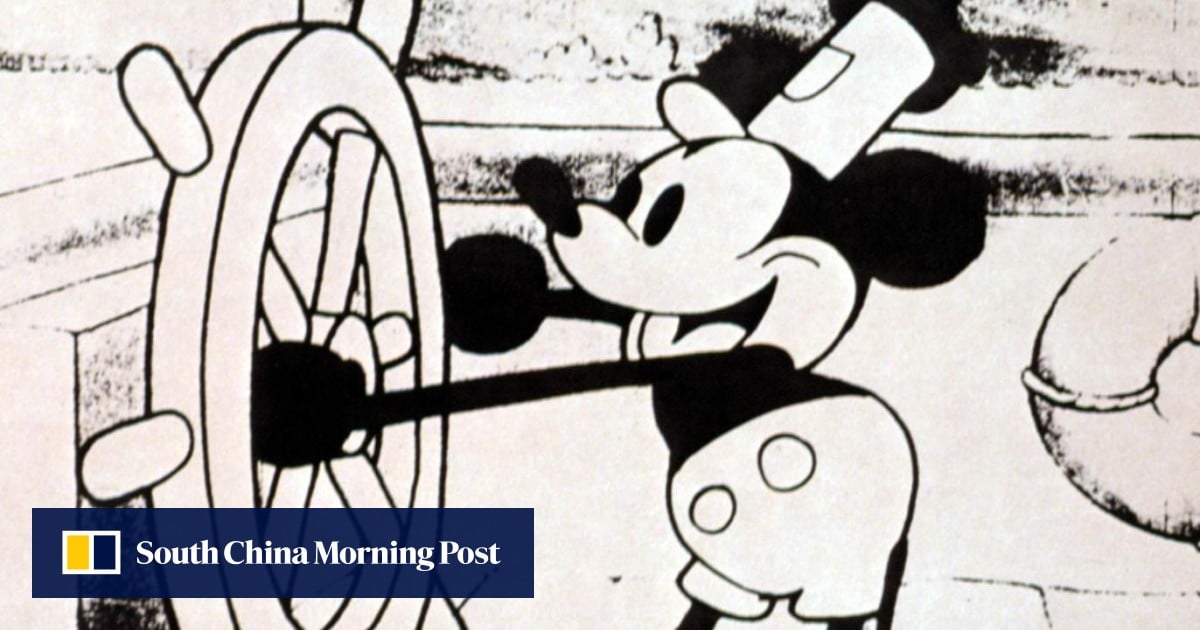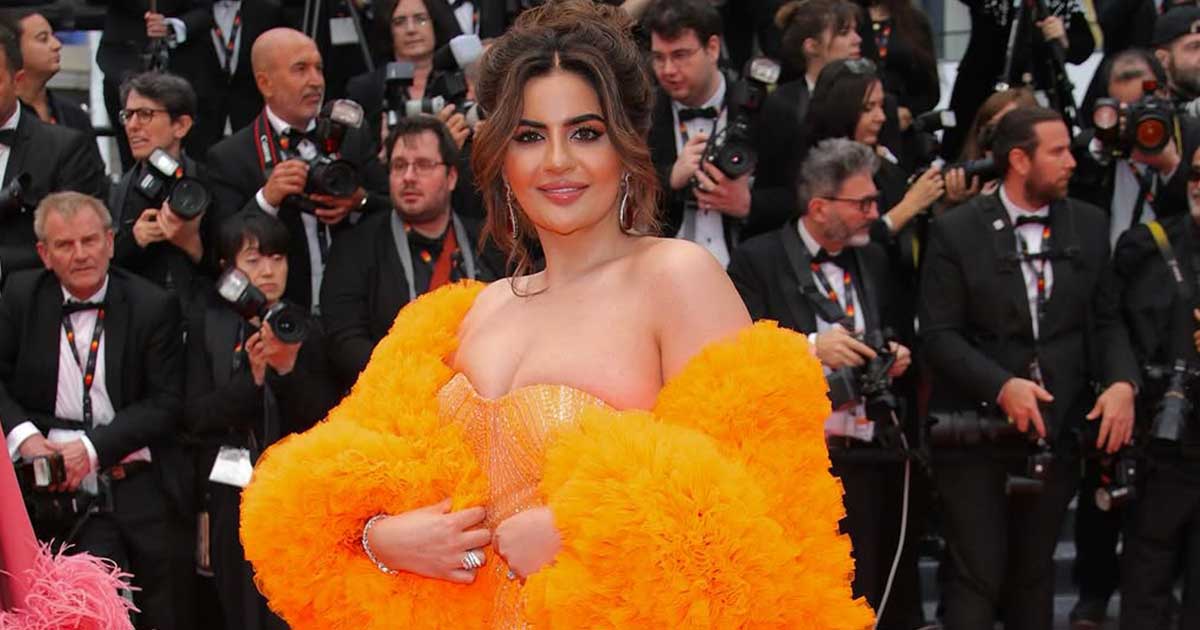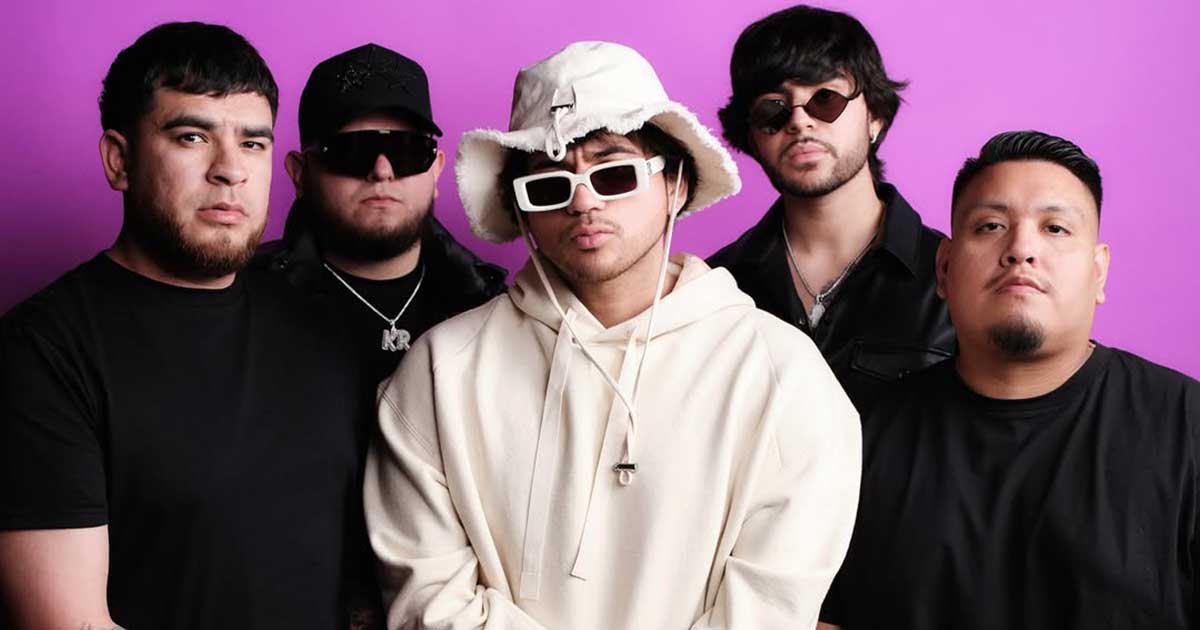“This is a deeply symbolic, highly anticipated moment,” said Jennifer Jenkins, director of the Centre for the Study of the Public Domain at Duke Law School in the US state of North Carolina.
Anyone is now free to copy, share, reuse and adapt Steamboat Willie and Plane Crazy – another 1928 Disney animation – and the early versions of the characters that appear within them, including Mickey and Minnie.
A vital caveat is that later versions of the characters, like those in 1940 film Fantasia, are not in the public domain and cannot be copied without a visit from Disney’s lawyers.
Shanghai Disney Resort opens world’s first Zootopia-themed attraction
Shanghai Disney Resort opens world’s first Zootopia-themed attraction
But artists would be free, for instance, to create a “climate change awareness version” of Steamboat Willie in which Mickey’s ship runs aground on a dry riverbed, or a feminist retelling where Minnie takes the wheel, said Jenkins.
But it will not be plain sailing.
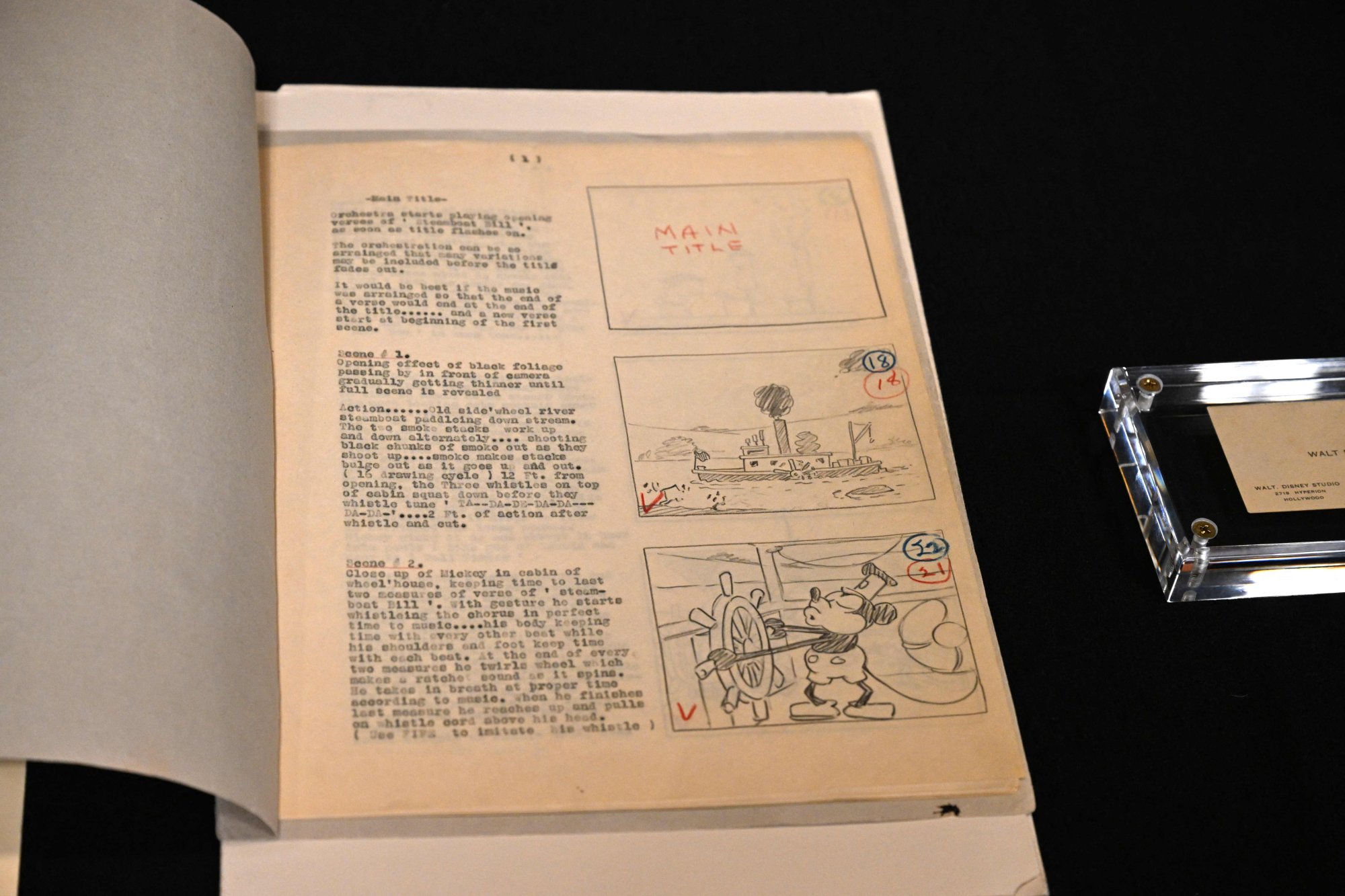
In a statement, Disney said it would “continue to protect our rights in the more modern versions of Mickey Mouse and other works that remain subject to copyright”.
Indeed, the version of Mickey in Steamboat Willie is a spindly, roguish creature who would not be recognisable to many younger viewers.
“What’s in the public domain is kind of a frightful little black-and-white animal,” said Justin Hughes, a professor at Loyola Law School in Los Angeles, California.
5 things that keep the magic alive at Hong Kong Disneyland
5 things that keep the magic alive at Hong Kong Disneyland
He added: “The Mickey Mouse that is most familiar to current generations of Americans will remain under copyright protection.
“I wouldn’t be surprised if we see some legal skirmishes, and I wouldn’t be surprised if we see Disney out there educating people on that point.”
Cease-and-desist letters could be sent to artists producing “high-budget fan art” if they use elements from later Mickey cartoons, such as red shorts and white gloves, he predicted.
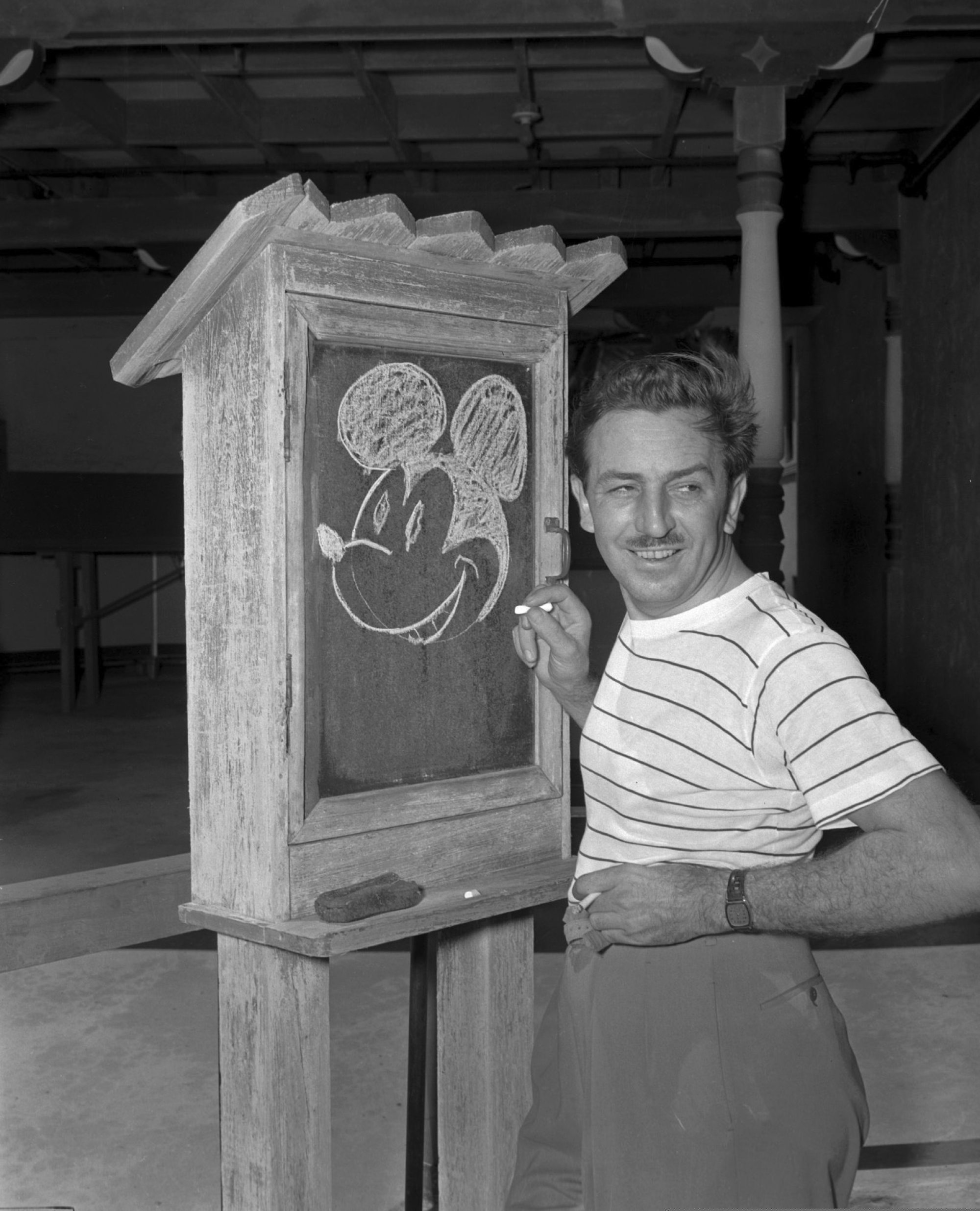
Additionally, while the copyright has expired, the trademark has not.
Copyrights prevent the unlicensed copying of the creative work itself, for example books, films and characters. They expire after a set time.
Trademarks guard the source of a work, preventing anyone else from making a product that could mislead consumers into thinking it came from the original author. They can be renewed indefinitely.
Wish: Disney fails to capture the magic in dull 100th anniversary feature
Wish: Disney fails to capture the magic in dull 100th anniversary feature
Disney said it will “work to safeguard against consumer confusion caused by unauthorised uses of Mickey and our other iconic characters”.
The company has even added a clip from Steamboat Willie to the opening sequence of every Walt Disney Animation Studios film.
“They were very smart folks at Disney – they realised that the best thing to do was to establish that iconic sequence of Steamboat Willie as a trademark,” said Hughes.
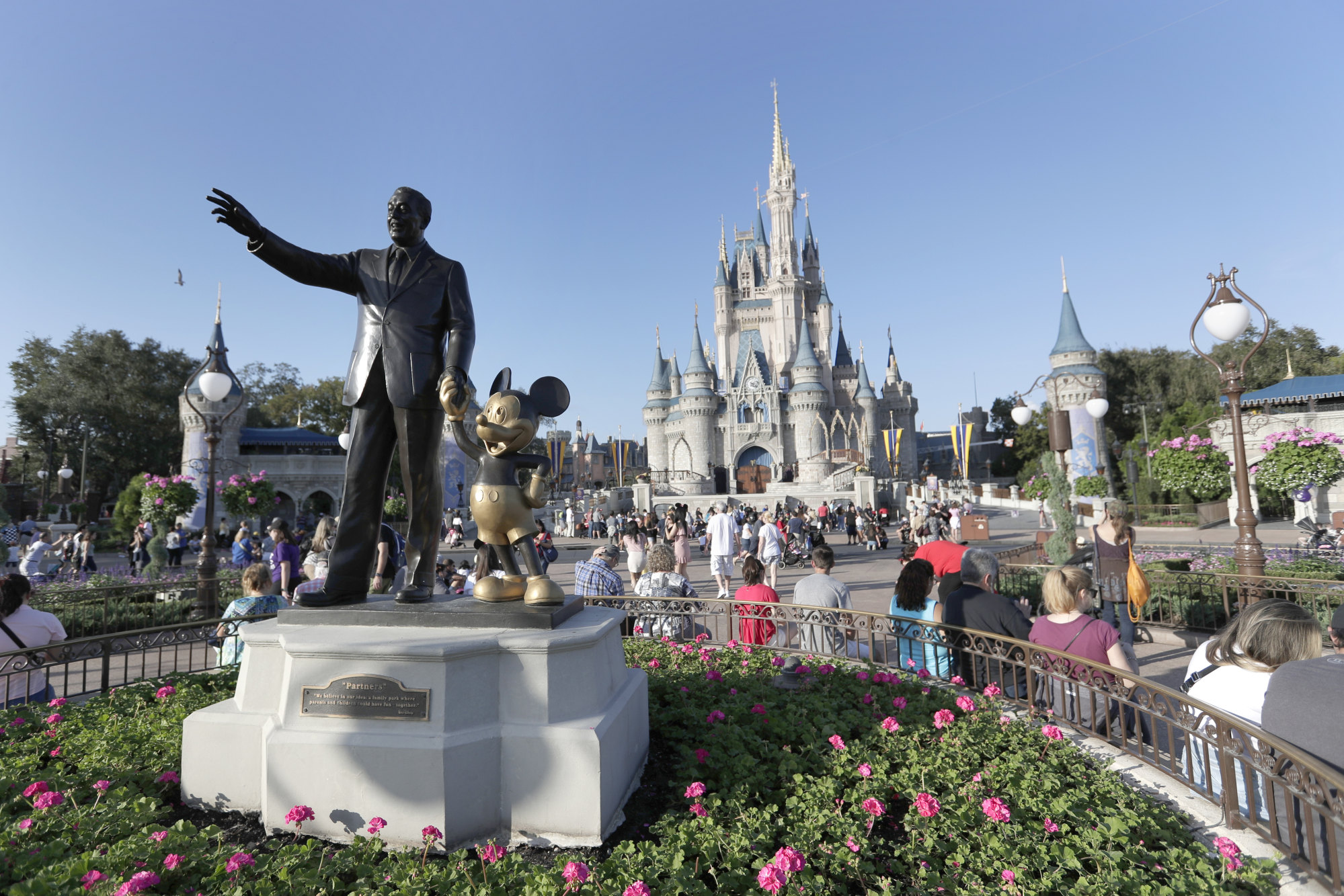
Anybody using the classic image of Mickey at the helm of the boat on shirts, caps or mugs could be open to legal action, he said.
Other experts such as Jenkins remain more bullish about public domain freedoms.
“Our Supreme Court has made clear that you can’t use trademark rights to circumvent what copyright expiration allows,” she said.
‘The best in years’: teens try out World of Frozen at Hong Kong Disneyland
‘The best in years’: teens try out World of Frozen at Hong Kong Disneyland
Both sides agree that the law is likely to be tested in court soon.
Anyone hoping to cash in on Disney’s beloved mascot “should move cautiously and with counsel”, added Hughes.
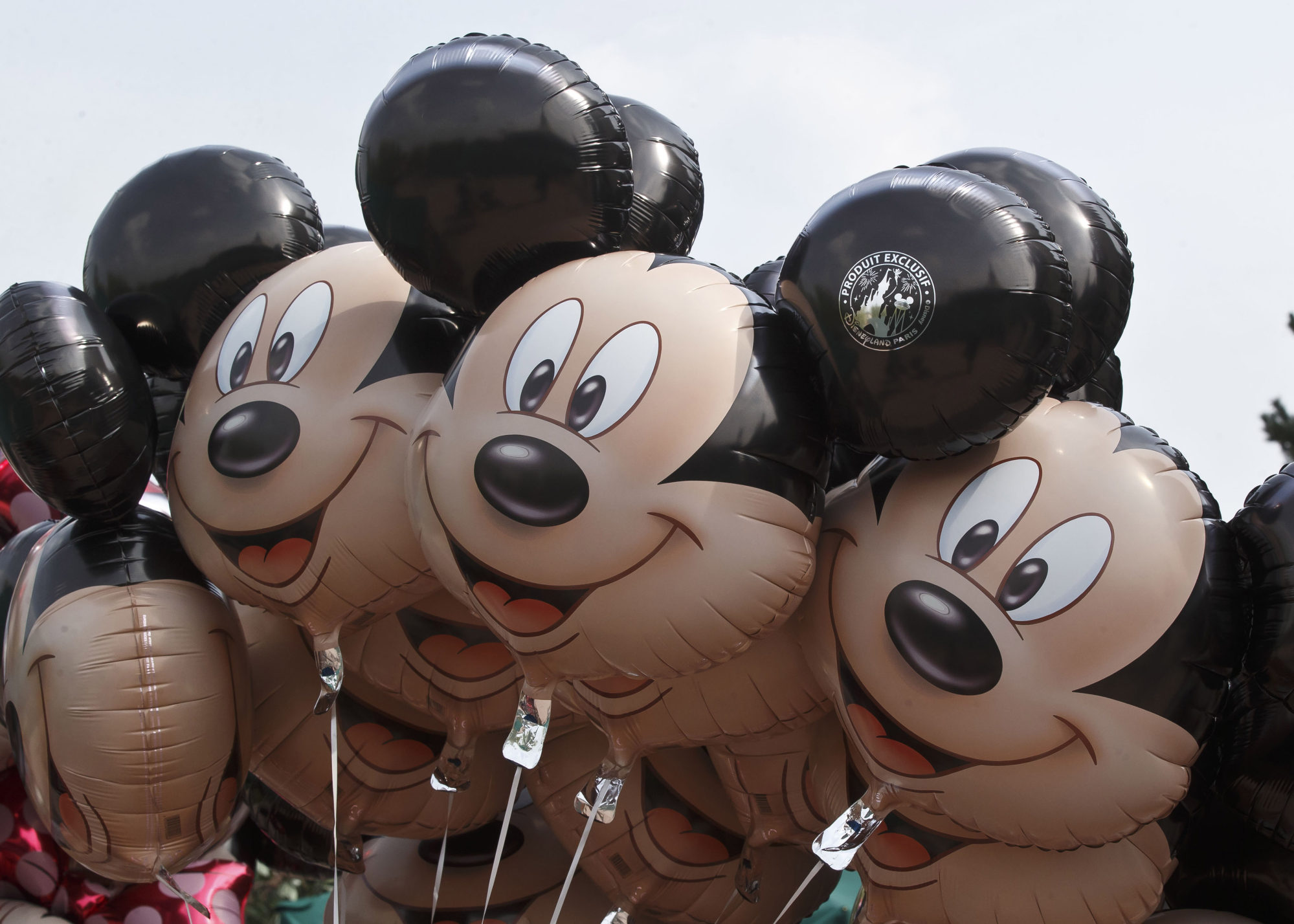
“I’m interested to see what happens in 2024,” she said.
“But I’m even more interested to see what we’re still talking about and thinking about and teaching and writing about and sharing with our children in 2054.”

